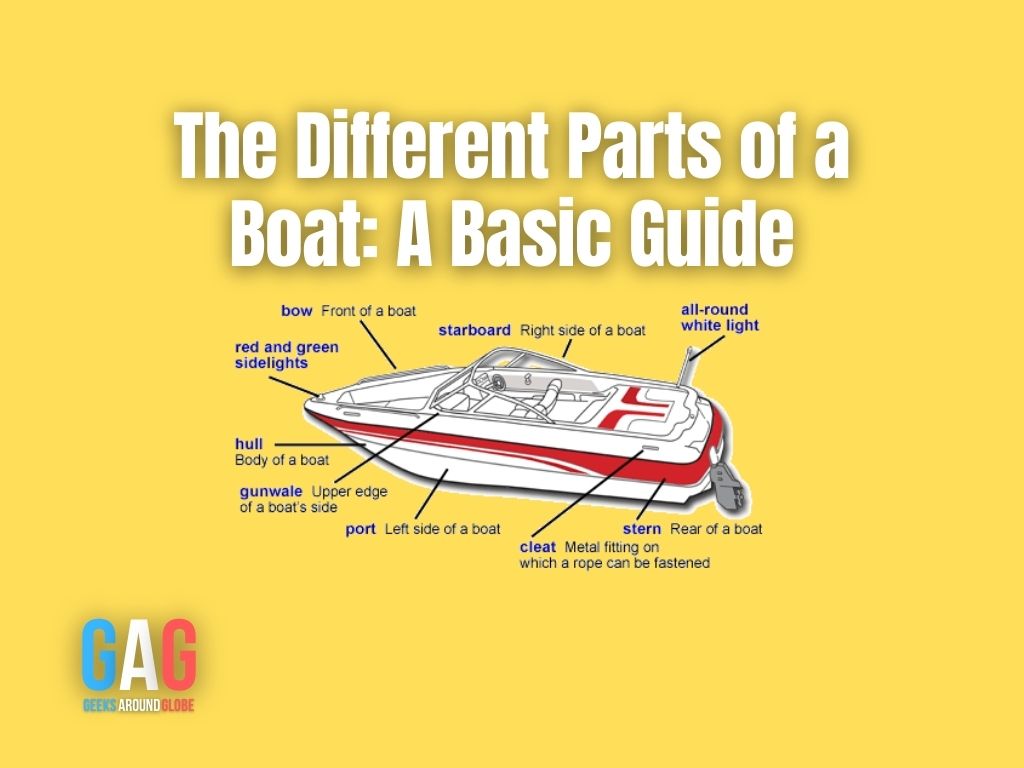Navigating the roads can be akin to traversing a labyrinth—bright, open, and filled with potential one moment, darkened by the complexities of the system with the flick of a traffic light. This is particularly true when your rearview mirror transforms from a simple reflective surface into an ominous portal signaling a possible traffic violation. For many, a ticket is more than a financial inconvenience—it’s a blemish on their driving record, and by extension, their consciousness. But there’s a beacon of hope that isn’t always in your rearview. It’s a strategy crafted from knowledge, the very tool you need to alleviate the sting of traffic infractions.
Image Source : Unsplash
Consult a Local Traffic Lawyer
Your first move after receiving a traffic citation ought to be seeking legal counsel. A local traffic lawyer is well-acquainted with the ordinances and specific regulations of your area. They can provide insights into the severity of the charge and the potential consequences. An attorney specializing in traffic law, whether that be this Illinois traffic lawyer or the local attorney in your area, can often find angles to lessen the impact of the citation, if not dismiss it altogether. They’ll advise on the best course of action, considering your unique circumstances. Even if hiring a lawyer seems like an unnecessary expense, the long-term savings and protection of your record typically outweigh the cost.
Review the Citation Thoroughly
Accuracy is not always a given in the issuance of traffic violations. Human error can lead to incorrect details in the citation, and these inaccuracies can serve as grounds for dismissal. Review your citation meticulously for any mistaken information regarding the date, time, location, or details of the alleged violation. If the citation is factually incorrect, note these discrepancies as they could form the basis for your defense. It’s crucial to understand the charges, as well as the language and codes used, to effectively combat the accusation. Missteps here could weaken your argument if a case is contested later. For a detailed understanding of traffic laws and regulations, refer to reputable sources or consult with a local traffic lawyer.
Gather Evidence
An airtight response to a traffic violation requires evidence. This could include dashcam footage, eyewitness testimony, photographs of the scene, or maintenance records for your vehicle. The stronger your evidence, the less standing the officer’s testimony will have in isolation. In the case of technical violations, such as malfunctioning traffic signals or missing signage, photographs or video can make the difference between a successful defense and an upheld violation. Though the process of gathering evidence requires diligence and technical savvy, the payoff in the courtroom can be significant.
Attend Defensive Driving Courses
Sometimes, the best defense is a good offense – and a commitment to defensive driving is an excellent offense. Voluntarily enrolling in a defensive driving course, also known as a traffic school or a point reduction class, often equates to a reduced charge or the outright dismissal of a citation. These courses not only demonstrate a proactive approach to safer driving but also often serve as evidence of your earnest attempt to rectify any wrongdoings. Before enrollment, ensure the course is approved by your local jurisdiction, and that completion will align with the stipulations of your citation. Most courses are available online, making it convenient for busy schedules. However, it’s essential to dedicate your full attention and actively participate in the class for maximum benefits. When facing a traffic violation, don’t underestimate the power of education and self-improvement.
Request a Mitigation Hearing
A mitigation hearing is a plea entered to acknowledge your fault but to also request a reduced penalty. This is an ideal avenue if you have no clear defense but want to avoid the full penalty of the violation. Presenting mitigating circumstances, such as a clean prior driving record or immediate corrective steps, can sway the judge in your favor. Maintain a respectful and sincere demeanor, emphasize your safety record, and express your readiness to accept any lesser penalty offered. Judges often appreciate when individuals take responsibility and constructively engage with the legal process. Furthermore, if you’re unable to attend the initial hearing, request a continuation in advance. This can show responsibility and allow for the preparation of a more robust case. Overall, mitigation hearings offer an opportunity to humanize yourself rather than being reduced to just a number or a fine.
Image Source : Unsplash
Contest the Violation in Court
When informal resolutions fail, it may be time to bring the dispute to a formal setting. By contesting the violation in court, you afford yourself a comprehensive opportunity to present your case and refute the accusation. The burden of proof rests with the prosecution, and your attorney (or you, if self-representing) can challenge the state’s case methodically. Be prepared for a detailed hearing, and remember that courtroom decorum is paramount. Acts such as outbursts or making baseless claims can harm your credibility and, consequently, your case. A disciplined, evidence-driven approach is your best bet for a successful resolution.
Negotiate for Lesser Penalties
In some cases, negotiation can lead to a mutually agreeable solution. Prosecutors may be open to reducing the charge, which could lower fines and prevent the violation from going on your record. Here, your lawyer’s skills play a critical role, as they can leverage the strength of your case to secure a beneficial deal. This approach requires a degree of flexibility on your part. For example, you may need to accept a minor infraction on your record in exchange for no points or attend additional courses. Understanding the scope of your willingness to negotiate is crucial in avoiding potential agreements that could prove more onerous in the long run.
A traffic violation is more than just a piece of paper; it’s a complex interplay of evidence, law, and personal rights. Responding effectively to such situations requires nuance, understanding, and a willingness to engage with the legal process constructively. Remember, every driver is entitled to a fair defense, and the strategies outlined in this guide are designed to ensure just that. Ultimately, the ability to effectively respond to a traffic violation is both a right and a skill—one that can be learned, honed, and, when necessary, deployed. Employing the services of a seasoned attorney, understanding the specifics of your citation, and building a defense based on solid evidence are all crucial steps in remedying the situation to your best advantage. By navigating these steps with diligence and clarity, what may have appeared as an insurmountable roadblock CAN be successfully negotiated, steering your driving record back onto the open, clear path of responsibility and safety.







